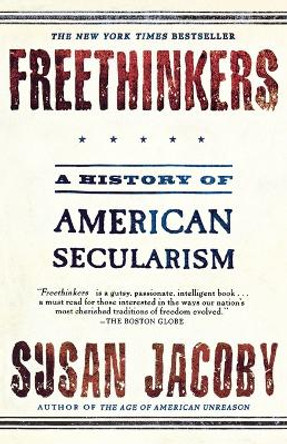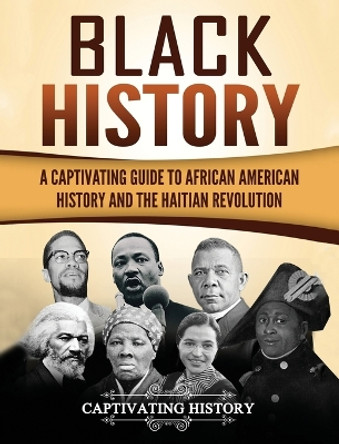Description
Christopher Cameron suggests an alternative origin of nonbelief and religious skepticism in America, namely the brutality of the institution of slavery. He also traces the growth of atheism and agnosticism among African Americans in two major political and intellectual movements of the 1920s: the New Negro Renaissance and the growth of black socialism and communism. In a final chapter, he explores the critical importance of freethought among participants in the civil rights and Black Power movements of the 1960s and 1970s.
Examining a wealth of sources, including slave narratives, travel accounts, novels, poetry, memoirs, newspapers, and archival sources such as church records, sermons, and letters, the study follows the lives and contributions of well-known figures such as Frederick Douglass, Zora Neale Hurston, James Baldwin, and Alice Walker, as well as lesser-known thinkers such as Louise Thompson Patterson, Sarah Webster Fabio, and David Cincore.
About the Author
CHRISTOPHER CAMERON is an associate professor of history at the University of North Carolina at Charlotte. He is the founder of the African American Intellectual History Society, the author of To Plead Our Own Cause: African Americans in Massachusetts and the Making of the Antislavery Movement, and a coeditor of New Perspectives on the Black Intellectual Tradition (Northwestern, 2018).
Reviews
"Cameron offers a compelling survey of African American freethought across two centuries. Rather than treating secularism as a regulatory discourse of modern statecraft, Cameron unpacks the alienations, arguments, and aspirations of black secularists themselves. He brings depth and clarity to an aspect of African American religious history rarely given the sustained attention it deserves."- Leigh Eric Schmidt, author of Hearing Things: Religion, Illusion, and the American Enlightenment
"In African American intellectual history, religious skepticism, agnosticism, atheism, and secular humanism have long been lost in the shadow of the black church. Taking a closer look at the evidence, Cameron shows that the experience of slavery and the degradations of proslavery Christianity also led some enslaved and free blacks in the nineteenth century to varieties of unbelief. This tradition laid a foundation for the next century, from the Harlem Renaissance to the Black Power movement and beyond. With deft readings of a host of fascinating figures, Cameron shows how black freethinkers made important interventions in American culture."- Christopher Grasso, author of Skepticism and American Faith: From the Revolution to the Civil War
Book Information
ISBN 9780810140783
Author Christopher Cameron
Format Paperback
Page Count 248
Imprint Northwestern University Press
Publisher Northwestern University Press
Weight(grams) 355g
Dimensions(mm) 229mm * 152mm * 15mm








